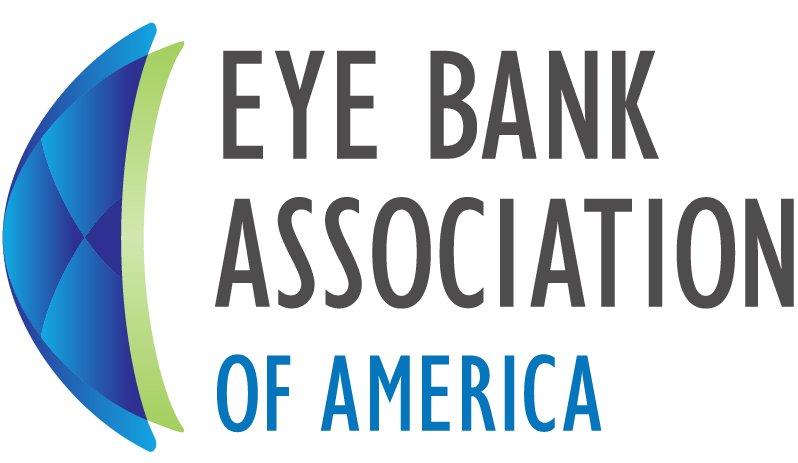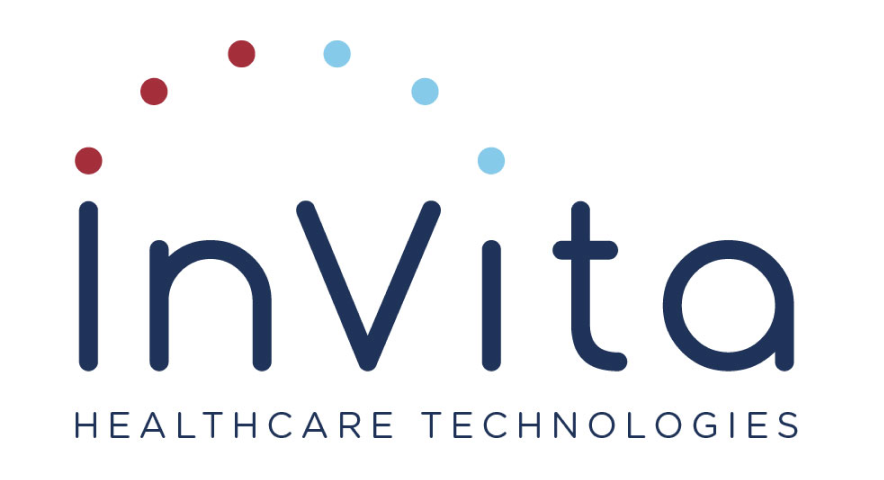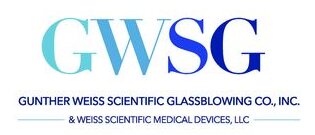On May 5, EBAA alerted the membership about a critical supply issue with the BioRad HIV 1/2 Plus O EIA Assay through an All Member post in The Lens. Two days later we posted an update that Eurofins Donor & Product Testing, Inc. (DPT) had secured the FDA approved/cleared test – Genetic Systems HIV-1/HIV-2 Plus O EIA for use at Creative Testing Solutions (CTS) in Phoenix, AZ.
Last evening, we learned that BioRad continues to experience a delay in the release of HIV 1/2 Plus O kits. DPT was able to procure an additional 20 kits last week, but they anticipate an exhaust date no earlier than May 22nd if no other kits become available. BioRad’s Global Strategic Account Manager shared that we may expect to see a new kit lot release mid-May.
FDA regulations at 21 CFR 1271 require that potential donors of human cells, tissues, and cellular and tissue-based products (HCT/Ps) are screened and tested for relevant communicable diseases agents and diseases (RCDADs) including but not limited to HIV-1 and HIV-2.
Current FDA-licensed, cleared or approved donor screening tests for use in testing HCT/P donors are listed at the Testing HCT/P Donors for Relevant Communicable Disease Agents and Diseases page.
Establishments not utilizing an FDA-licensed donor screening test that tests for group O antibodies must screen donors for risk associated with HIV group O infection. FDA’s August 2007 Eligibility Determination for Donors of HCT/Ps Guidance for Industry includes the following screening questions to identify risk factors for HIV group O:
27. Persons or their sexual partners who were born or lived in certain countries in Africa (Cameroon, Central African Republic, Chad, Congo, Equatorial Guinea, Gabon, Niger, or Nigeria) after 1977.
28. Persons who have received a blood transfusion or any medical treatment that involved blood in the countries listed in criterion 27, after 1977.
Eye banks that are responsible for making the donor-eligibility determination and are affected by this critical supply shortage may potentially need to use additional screening questions as described above to ensure they remain in regulatory and accreditation compliance.
If you utilize a contract laboratory for donor testing for RCDADs, you should be proactive and work with the lab so that any potential disruption in HIV antibody testing is identified timely to allow for the necessary donor screening questions to be asked.


